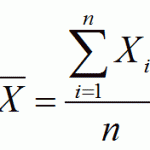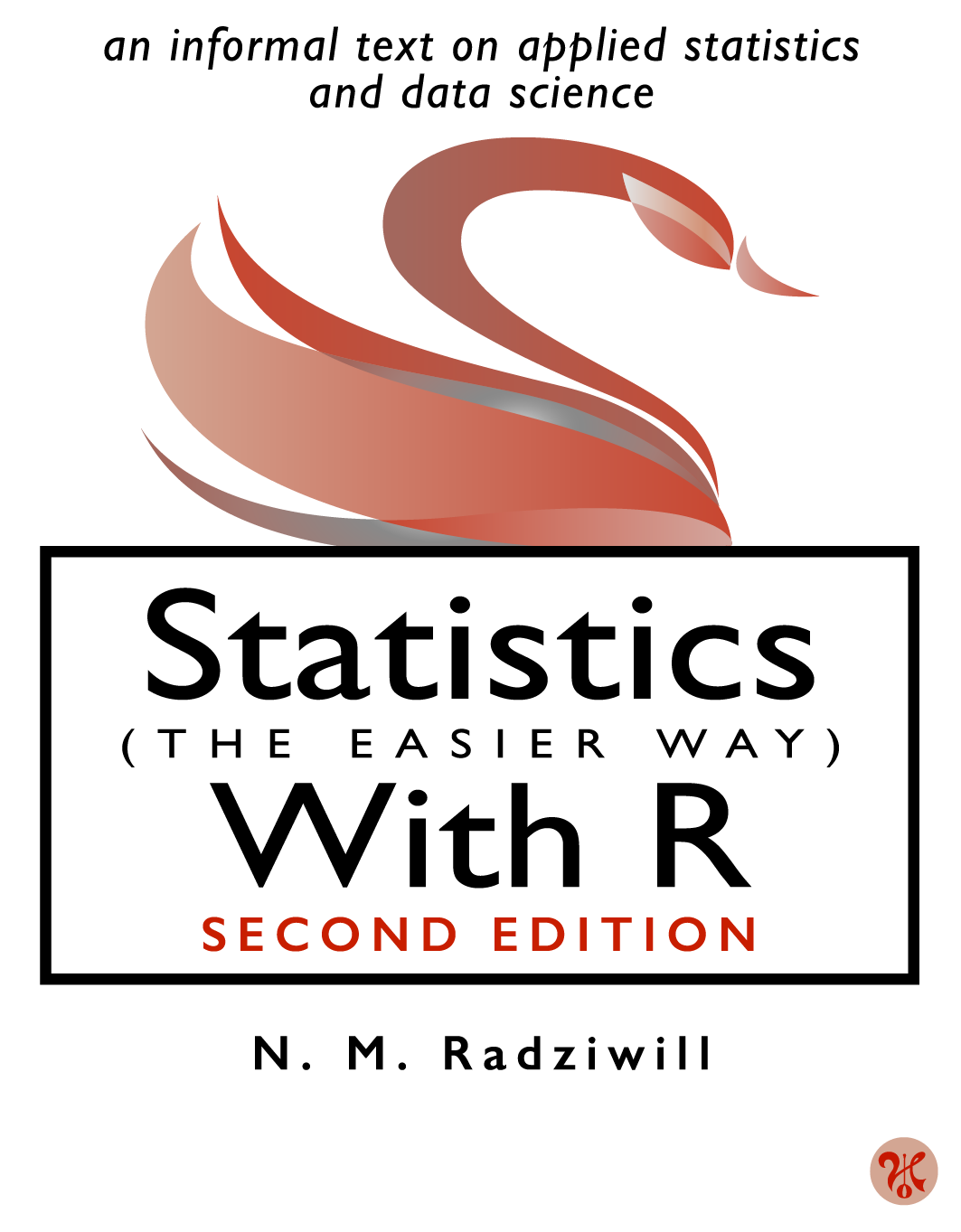Our Vision
Inspire people to share their gifts!Our Mission
The mission of the Burning Mind Project is to operationalize the gift economy in higher education through the systematic application of the Ten Principles.Recent Posts
- Preparing Students for a “Post-Work” Economy
- Do what you DON’T love
- How the 10 Principles Help Me Teach Statistics
- My Easy Way to Remember the 10 Principles of Burning Man
- 5 Ways Grades Kill the Motivation to Learn
- The Mother of All Token Economies: Why Grades ≠ Money
- What do you mean? How Grades Abuse Statistics
- Grades Suck
- Whose Objective Is It Anyway?
- Participatory vs. Interactive Art: Your Experiences?
Contribute
Do you have insights about how to integrate the value system expressed by the 10 Principles into higher education? Start a discussion at http://www.facebook.com/BurningMindProject or write a guest post for us. Please contact us if you're interested!













